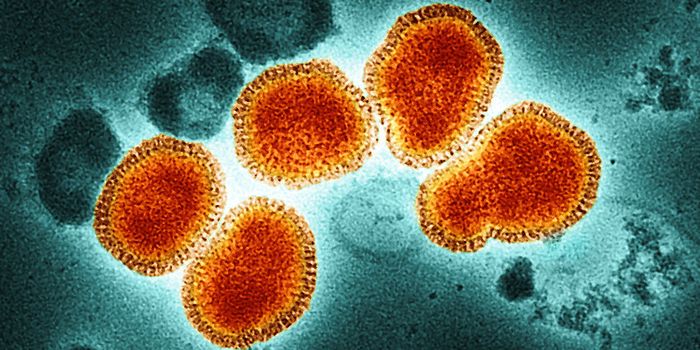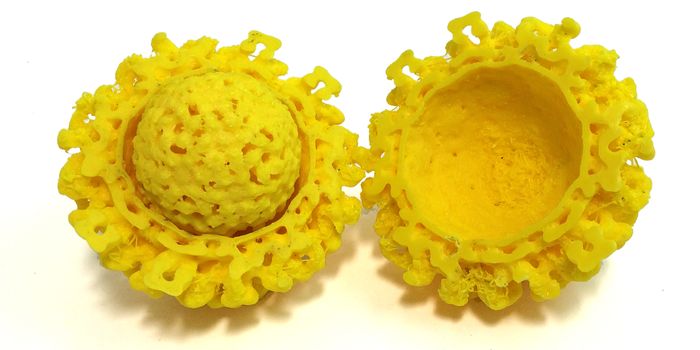Novel Antibody Response Improves Immunotherapy in Cancer Patients
Cancer treatment has progressed over the last century. Specifically, the advent of immunotherapy has revolutionized how physicians treat patients. The goal of immunotherapy is to redirect the immune system toward the disease or pathogen that has previously gone undetected. There are many different forms of immunotherapy applicable to specific cancer types; however, scientists have been working to generalize therapies to treat a wide variety of tumors. Immune checkpoint inhibitors (ICIs) are one form of immunotherapy designed to reactivate specific immune cells known as ‘T cells’. In the context of cancer, T cells become inactive when their surface markers bind with corresponding proteins on the tumor cell. As a result, T cells cannot properly function, and the tumor progresses. To overcome this obstacle, scientists have developed a drug to block that surface marker interaction, which allows T cells to regain their function.
The generation of ICIs radically improved cancer therapy, particularly in patients with melanoma. This treatment is now part of standard-of-care therapy in many different cancer types. As a result, the scientists responsible for ICIs, James Allison and Tasuku Honjo, were awarded the Nobel Prize in Physiology or Medicine.
While ICIs and new therapies are continually being developed and improved, patients respond differently. Unfortunately, each tumor has specific characteristics that dictate therapeutic outcome. Consequently, the field of personalized medicine is growing rapidly to address the specific treatment needs of each patient. Scientists are currently working to understand more about tumor patterns that either respond or not with therapy.
A recent article in Nature, by Dr. Aaron Ring and others, identified immune cell profiles of different tumors and discovered which tumor types respond the best to ICIs. Ring is a physician scientist and Associate Professor in the Translational Science and Therapeutics Division at the Fred Hutch Cancer Center. He is also the Anderson Family Endowed Chair for Immunotherapy and a member of the Immunotherapy Integrated Research Center (IIRC). Ring’s research focuses on the intersectionality of bioengineering and systems immunology. Specifically, his expertise includes the development of innovative therapies that target the immune system using screening and computational platforms.
Ring and his team used high-throughput analysis to detect specific proteins in over 300 samples from patients with different tumors. Researchers describe a diverse “autoantibody reactome”, which refers to antibodies that target healthy tissue. Specifically, they help drive autoimmunity. However, Ring’s group found that patients with an increased presence of certain autoantibodies were more likely to respond to treatment. Interestingly, the presence of these same autoantibodies increase mortality in patients with COVID-19. Other antibodies were found to reduce T cell death, which allows ICIs to generate a robust immune response. These findings help define which tumor characteristics can better predict treatment outcome.
Ring and others discovered an autoantibody profile that explains why some patients respond to therapy and others do not. More importantly, his team has pinpointed the mechanism to improve cancer treatment and therapeutic outcomes. Autoantibodies can act as a guide to develop stronger treatment regimens by designing drugs to mimic these beneficial antibodies in combination with ICIs. Overall, this research has the potential to improve current standard-of-care and increase patient survival.








